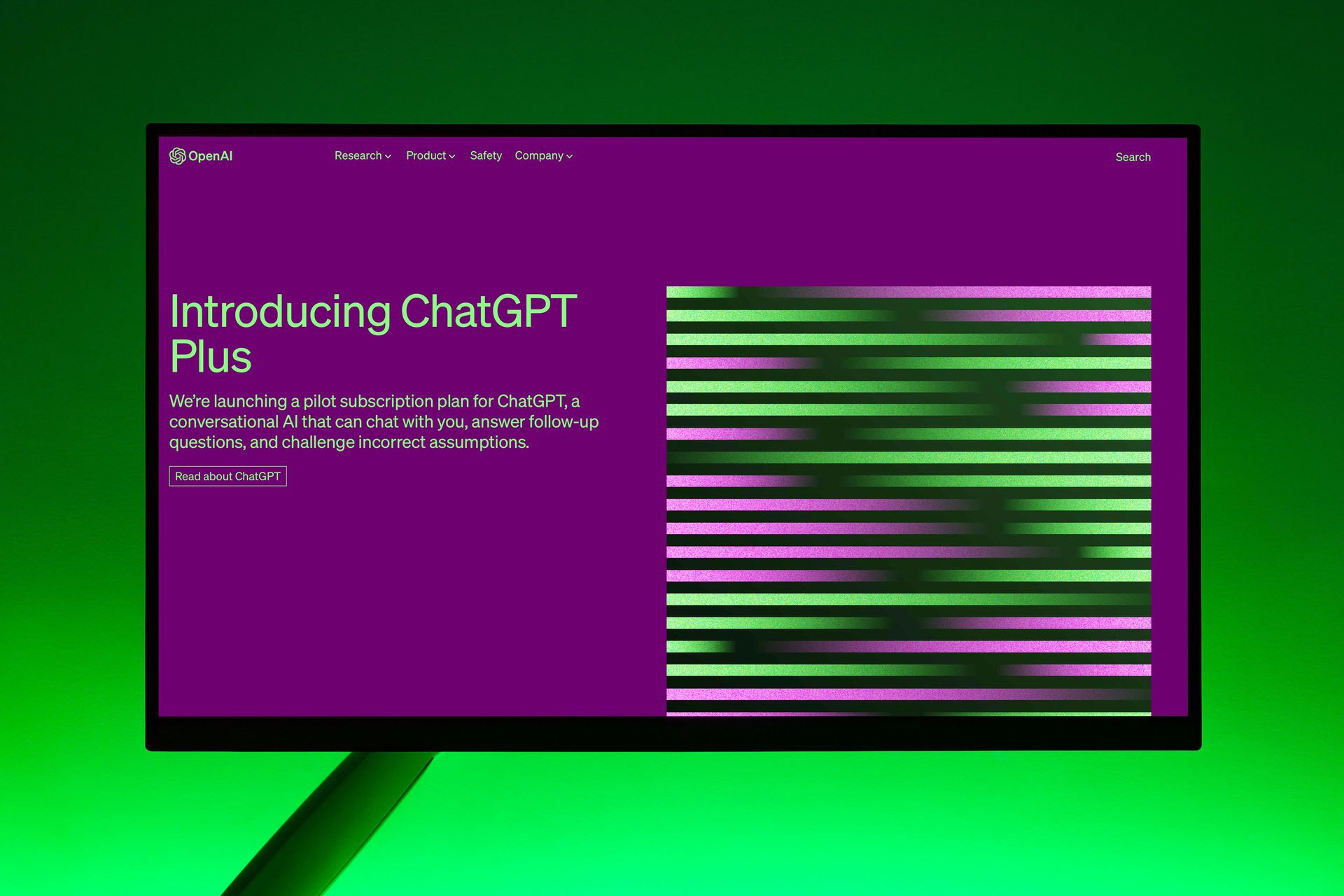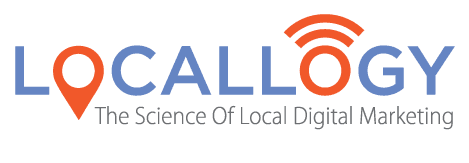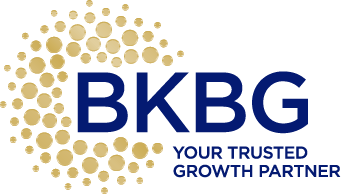The Impact of AI on Google Search: Hype or Reality?
AI's Growing Presence in Search Technology
Artificial Intelligence (AI) has become a prominent force across many industries, and search engines are no exception. With advancements in AI-powered platforms like Bing AI, Perplexity, and YouChat, some believe these new technologies are poised to challenge Google’s dominance. But the real question is—are AI-driven search engines really disrupting Google, or are they just another trend in an already crowded space?
In this article, we will explore how AI is shaping search habits, where Google stands, and what this all means for marketers.

The Current State of Google Search: Still Dominant
Despite all the new advancements in AI, Google remains an immovable force in the search landscape. The numbers tell the story—Google handles over 5.6 billion searches per day, representing over 90% of the global search market. These staggering statistics highlight the sheer scale of Google’s operation and the trust it has built with users worldwide.
One reason for Google’s continued dominance is its ability to evolve with user needs. Google’s search algorithm has undergone numerous updates, like BERT and MUM, to better understand user intent and improve the quality of search results. This allows Google to deliver highly relevant, personalized answers that keep users coming back time and again.
Moreover, Google’s ecosystem is vast. Integrated tools like Google Maps, Gmail, and YouTube provide a seamless experience that is hard to beat. For instance, a user can search for a showroom, check its location on Maps, and book an appointment, all without leaving the Google platform. This level of convenience helps Google maintain its hold on the market while AI competitors scramble to keep up.
AI Search Engines: Emerging Competitors or Temporary Trend?
Several AI search engines are generating buzz for their advanced features, promising an enhanced search experience through chatbots, natural language processing, and even real-time search summaries. Some of the top AI-driven search platforms include:
- Bing AI
- Perplexity AI
- YouChat
- Brave Search
- Neeva
These tools allow users to engage more interactively with their queries. For instance, you can ask Bing AI for a summary of the best streaming services, and it will return a curated list with pros and cons—something Google’s traditional search results, which still prioritize a list of links, don’t typically offer.
However, as of now, less than 20% of users are navigating both AI and traditional search engines. Most remain loyal to Google, raising the question: Are AI platforms stealing searchers, or are they simply offering a supplementary toolset?
Are AI Platforms Stealing Searchers?
At first glance, it might seem that AI search platforms are on the verge of revolutionizing how we search for information. However, if we dive deeper into the data, it’s clear that the vast majority of users remain loyal to traditional search engines like Google. This isn’t to say that AI-powered search engines aren’t gaining traction, but the numbers show their impact is still minimal.
Let’s look at it this way: AI and traditional search engines are not mutually exclusive. Rather, they serve different purposes for different users. For instance, someone looking for quick information may use Google to find an answer quickly, while someone seeking more in-depth, curated information may turn to an AI-powered platform. As a result, it's safe to say that AI platforms aren't stealing users from Google; instead, they are complementing the search landscape by providing additional options for users with specific needs.
There’s also a learning curve that comes with switching to AI-powered search engines. While Google’s interface has remained familiar for years, AI search engines require users to adjust to a new method of querying. For example, interacting with a chatbot or asking for detailed summaries is a different experience than simply typing a search term and scanning a list of results. For many users, this new way of searching may feel unfamiliar and even unnecessary, especially when Google provides reliable results through a system they already trust.

What Does This Mean for Marketers?
Marketers might be tempted to jump onto the AI search trend, fearing that they’ll fall behind if they don’t. However, the most practical approach is to follow where your target market leads.
Instead of radically shifting focus to AI platforms, marketers should:
- Continue optimizing for Google: Most searches still happen here. Stick to the basics by creating content that speaks to your audience's pain points and questions.
- Build lasting relationships: Fostering brand loyalty through genuine connections will always win, regardless of algorithm changes.
AI search engines may provide new opportunities, but chasing trends without understanding how they align with user behavior can lead to wasted resources. For now, Google remains the key player in the search game.
The Benefits and Limitations of AI Search
AI search engines do offer some advantages over traditional search engines. For example, the ability to interpret natural language queries more effectively and deliver a concise, human-like response is a game-changer for many users. This feature works especially well for complex questions or requests for summarized information, saving time by eliminating the need to sift through multiple web pages.
However, there are notable limitations. AI search engines are still growing their datasets, meaning they may not yet provide as comprehensive results as Google. Furthermore, they can occasionally produce inaccurate or misleading information, as their models are based on predictive text rather than verified content.
Below is a table summarizing the benefits and limitations of AI search engines:
| Benefits of AI Search Engines | Limitations of AI Search Engines |
|---|---|
| Effective interpretation of natural language queries | Limited datasets compared to traditional engines |
| Concise, human-like responses | Occasional inaccuracies or misleading information |
| Time-saving for complex questions or summarized information | Reliance on predictive text over verified content |
| Enhanced user interaction through AI chatbots | Still evolving; not yet a comprehensive substitute for traditional search |
So, while AI search engines offer exciting possibilities for the future, they are not yet perfect substitutes for traditional search engines like Google.
The Future of AI in Search: A Slow Evolution
As AI technology continues to evolve, its role in search will likely grow. AI can already improve various elements of the search experience, from image recognition to personalized recommendations. But will it ever fully replace traditional search engines like Google?
At present, it seems more likely that AI and traditional search will coexist. AI may become an enhancement that improves specific functions within Google rather than an outright competitor. For example, Google has already integrated AI into its search algorithm with updates like BERT and MUM, which help better understand complex queries and improve search result relevance.
In the near future, AI could assist Google in refining the user experience rather than overthrowing its reign.
Conclusion
As AI search engines continue to develop, there’s no doubt they will play an increasingly significant role in how people find information online. However, at this point, they have not made a significant impact on Google’s dominance. The hype around AI search may eventually prove true, but for now, traditional search engines remain king.
For marketers, the best strategy is to continue focusing on Google while keeping a watchful eye on AI developments. Stick to the fundamentals—create great content, build genuine relationships, and remain adaptable to future trends. This way, no matter where search goes next, you'll be ready.
If you're looking to improve your website's visibility or need help ranking higher in Google search, we can help! Contact us today or call us at (877) 860-2647 to learn more about how we can help boost your online presence.
Get the Latest Content in Your Inbox
Want to be the first to know about new content? Sign up to get our weekly blog posts sent to your email!
Looking for Better Results?
Rise above your competition and attract more customers. From Website design to SEO, we are a full-service digital marketing agency in Columbus, OH.
INFORMATION
LOCALLOGY DIGITAL MARKETING
ADDRESS
1293 Linwood Ave,
Columbus, Ohio 43206
PHONE
GET OUR NEWSLETTER





